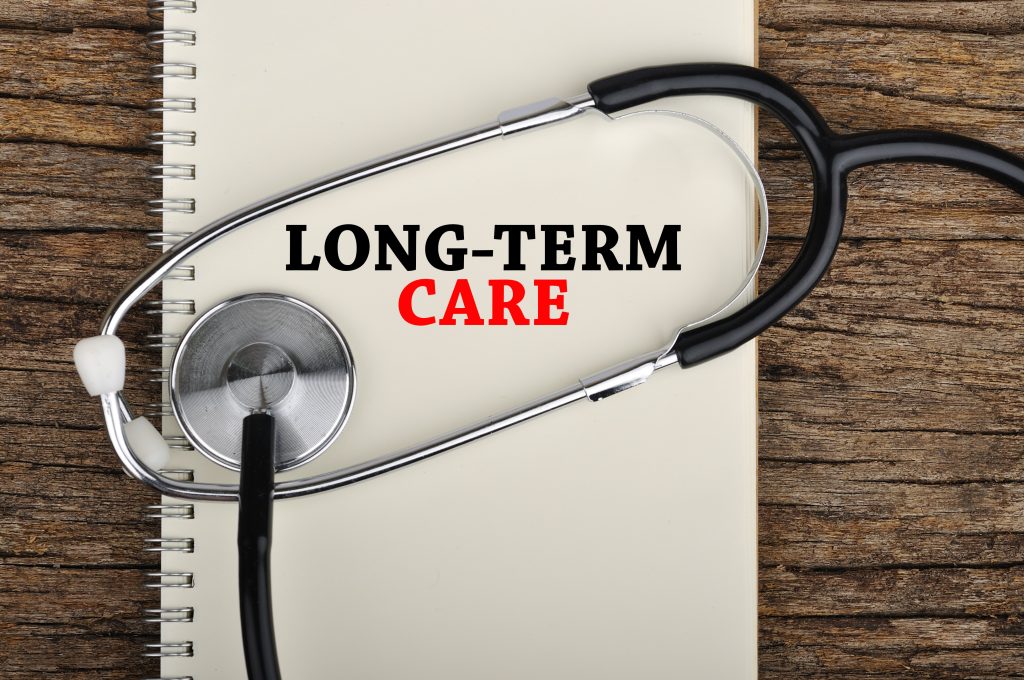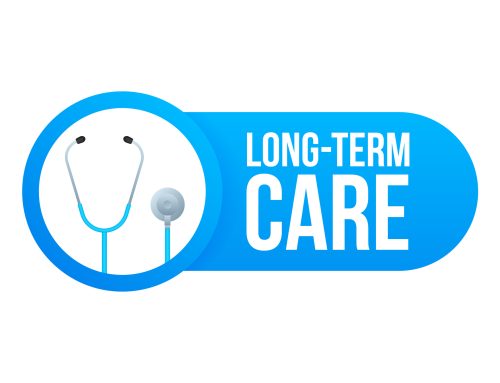
Planning is a massive part of retirement, and you’ll want to make sure you’re keeping an eye on all of the factors that go into your plan. One thing that our professionals see people overlooking all the time is the financial impact of long-term care.
According to data, nearly 70% of 65-year-olds will eventually need long-term care services or support.[1] Even if you are healthy now, there’s no way to know what the future holds. Long-term care may eat away at your hard-earned money if you don’t prepare for it properly, and it may cause a reduction in the amount you leave behind for your family.[2] If you plan on having a family member take care of you, that may also take a chunk out of their earnings![2] With that family member having to spend some of their time taking care of you, they may not be able to work full-time.[2] This also doesn’t consider the emotional toll that being dependent on one another might bring. Of course, there are certain situations where being cared for by your loved ones can be rewarding and financially responsible. But often, people have no plan in place for the possibility of long-term care, and they have to improvise as things happen. So, what are your options?
Talk with Your Family about Long-Term Care
If you are interested in having a family member take care of you, make sure that your family is aware. Talk honestly with your family members, and see if any of them are willing to provide you with help should you need it. This may seem simple on paper, but it can be a tough conversation. But it is still an important conversation to have, and after it’s over, hopefully, you have a clear idea of where your family stands when it comes to your long-term care.
Look into Financial Strategies to Address Long-Term Care
Some key financial strategies can also help mitigate the costs of long-term care. Things like long-term care insurance may help to ease some of the financial burden of long-term care. While it may not work for everyone, insurance is an option that might be worth considering.
Don’t Underestimate the Impact of Saving More
Another option: saving more! If you have more savings when you enter retirement, that may help you to address large expenses such as long-term. There’s no surefire solution to covering all the unforeseen costs you might have, but it can be a tool in your toolbelt when it comes time to cover your costs. Therefore, it can be a key aspect to address when you sit down to develop your retirement plan.
You don’t have to leave long-term care as an unknown! Many strategies can help you to prepare for long-term care, and our financial professionals can guide you toward the options that may work well for your situation. If you don’t have a long-term care plan, contact one of our professionals today for a complimentary review of your finances.







